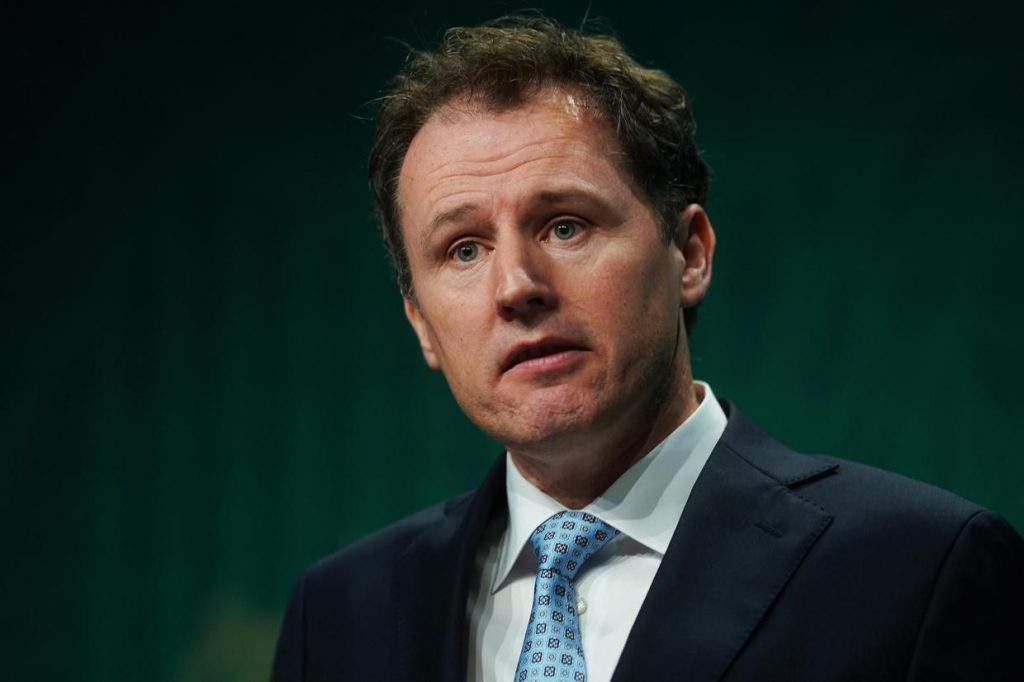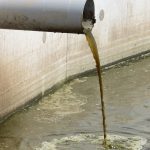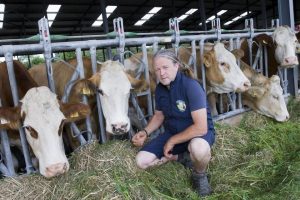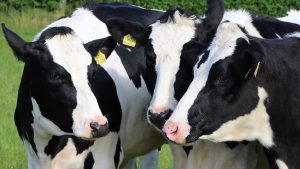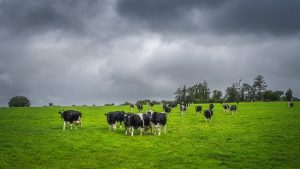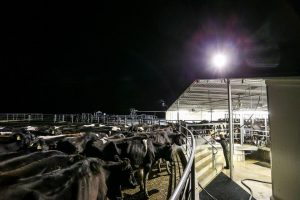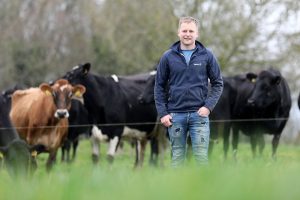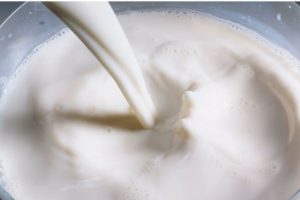
Details of the scheme are to be firmed up in late summer or early autumn with a start date in 2024 likely.
Agriculture Minister Charlie McConalogue said he had set 2022 as the reference year so that farmers would not expand their dairy operations purely with the intention of benefitting by cutting back when the scheme was introduced.
Some form of exit scheme has been under discussion for a while but this is the clearest indication the Minister has given that there is a timeframe for it.
He told the Oireachtas Environment and Climate Action Committee that he was working with stakeholders on the details of a scheme.
“Our target is to have that clarified by the end of this year,” he said in response to questions by Green Party senator Pauline O’Reilly.
“By quarter three this year we will have it clarified and then next year would be the follow through.”
Agriculture is the single biggest contributor to Ireland’s greenhouse gas emissions, responsible for one third of the national total, and within agriculture dairy is the by far the biggest emitter.
Discussions around reducing the number of dairy cows has proved hugely contentious but farmer representative groups have indicated there would be some appetite for an exit scheme if the incentives were good.
A report prepared for the Department of Agriculture last October calculated farmers could lose income of between €1,770-€2,910 for every dairy cow they dropped from their herd so compensation would have to at least cover those losses.
Agriculture has the lowest emissions reduction target of all sectors in the country, required to cut emissions by 25pc by 2030 compared to a 51pc national average.
Mr McConalogue told the committee that agriculture would make “the fullest contribution possible” to meeting national climate action targets.
But he also defended the sector, and in particularly dairy, saying it was meeting international demand for quality foods.
There were tetchy exchanges when Sinn Fein senator Lynn Boylan and party colleague TD Reada Cronin asked how the minister could stand over Ireland increasing its production of dairy-derived infant formula for export to countries where it was promoted heavily for newborn consumption when the Government’s domestic policy was to support breastfeeding and advertising of formula was banned.
Mr McConalogue said he met “a different Sinn Féin” whenever he attended the Oireachtas Agriculture Committee and accused the party of holding two different positions.
Ms Boylan replied it was Government that was inconsistent in its policy stance.
Her points were supported by Independent senator Alice Mary Higgins and Ms O’Reilly.
“The aggressive marketing of infant formula does support this carbon intensive activity,” Ms O’Reilly said.
Green Party TD Brian Leddin and Social Democrats TD Jennifer Whitmore challenged the minister on the fires that swept parts of the southwest and southeast in recent days as part of the so-called ‘controlled burning’ that farmers are allowed to undertake to clear land of vegetation between September 1 and February 28.
